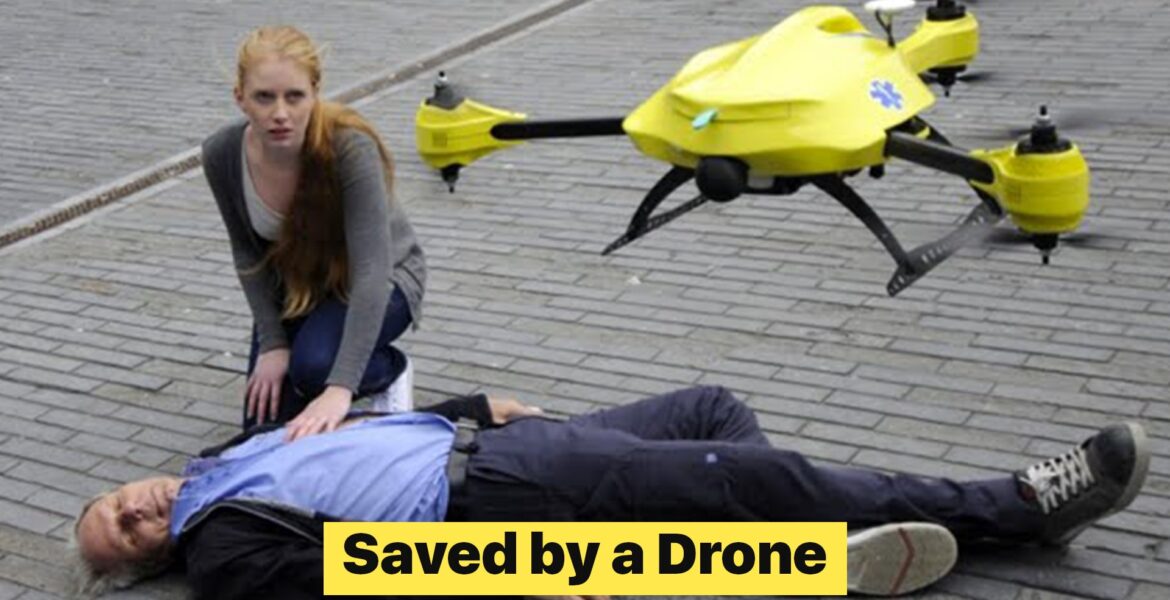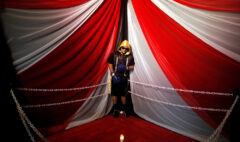Saved by a Drone
Greetings. Most of us have a slightly skewed image of drones. And why not. As the war in Ukraine rages on, we tend to think of them as remarkably lethal weapons of war. Sleek, stealth, precise, and unmanned, they can be launched from literally anywhere with the touch of a single key stroke and sent into unfamiliar territory to blow up a tank, a building, a bad guy in a fast-moving car, or all too often an innocent human being. Just like in a video game, but real.
We have also been encouraged to imagine them as the handiest and coolest of personal assistants, cleverly dispatching our parcels with the greatest of ease for companies like Amazon, Walmart, Walgreens, and others. Late last year, Amazon announced plans to start a drone deliver service called “prime Air” in their quest to use technology to meet an insatiable desire for ever quicker response times. Need a new book or Fido’s vitamins this afternoon? No problem. they’ll fly them from the closest distribution center to your front porch in thirty minutes or less.
Super cool. I guess.
But what if drones could do more than blow things up and deliver packages? What if they could actually save lives?
In fact, they can. And one awesome application of drone technology is the work of Alec Mormot who, while a graduate student in industrial design at TU Delft University in the Netherlands, created a drone with a built-in defibrillator that could not only be sent quickly to the aid of someone experiencing a heart attack but also give their companion clear and effective guidance on how to zap them back to life. Take a look at his innovation in the video below and you will quickly appreciate the power of this idea, the level of thought that went into every detail, and the greater potential of drones as tools for delivering remarkable good…
It strikes me that his idea is just a starting point for thinking about all of the ways that drones might be designed and used to provide emergency services that include medical care. It might even be a fun exercise for you and your colleagues to imagine how this technology might enhance the work that you do.
We win in business and in life when we see the real potential of technology in not only making things easier for all of us, but also saving our lives.
Cheers!








